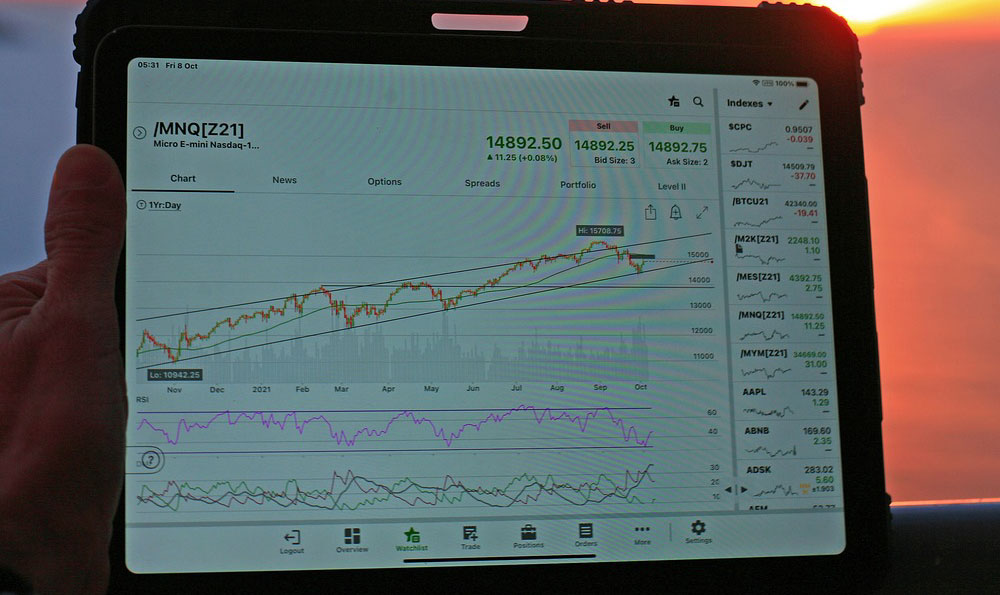Here's an article based on your provided title, optimized for SEO, exceeding 800 words, and following your specific instructions.
The Ethereum vs. Bitcoin Debate: Can ETH Overtake BTC? A Look at Keepbit Platform
The cryptocurrency world is a dynamic and ever-evolving landscape, perpetually buzzing with questions of dominance and disruption. At the heart of this vibrant ecosystem lies the ongoing debate: Can Ethereum (ETH) truly surpass Bitcoin (BTC) as the leading cryptocurrency? This question, often framed as "the flippening," ignites passionate discussions among investors, developers, and enthusiasts alike. Adding another layer of complexity is the emergence of platforms like Keepbit, which promise streamlined access and enhanced features within the crypto space. So, let’s delve into the core arguments for and against ETH's potential rise to the top, and then assess the value proposition of the Keepbit platform.

Bitcoin's Enduring Legacy: A Store of Value
Bitcoin, the original cryptocurrency, enjoys the undeniable first-mover advantage. Its decentralized nature, limited supply (21 million coins), and robust network security have cemented its position as a store of value, often compared to "digital gold." Bitcoin's primary function remains peer-to-peer electronic cash, although its actual usage as a medium of exchange has been limited by its scalability challenges and relatively high transaction fees. Despite these limitations, Bitcoin's brand recognition and established infrastructure provide a formidable defense against any potential challenger.
Ethereum's Innovative Edge: Smart Contracts and Decentralized Applications
Ethereum, on the other hand, offers a fundamentally different value proposition. While Bitcoin focuses on being a decentralized currency, Ethereum provides a platform for building decentralized applications (dApps) and executing smart contracts. These smart contracts are self-executing agreements written into code, automating processes and removing the need for intermediaries in various industries, from finance and supply chain management to healthcare and gaming.
This versatility is Ethereum's key strength. Its ability to host a vast ecosystem of dApps, including decentralized finance (DeFi) protocols and non-fungible tokens (NFTs), has fueled tremendous growth and innovation. The Ethereum blockchain serves as the foundation for countless projects, driving demand for ETH, the network's native cryptocurrency, which is used to pay for transaction fees (gas).
The Case for the Flippening: ETH's Potential to Evolve
The argument for ETH surpassing BTC rests on its ongoing development and potential for future upgrades. The successful implementation of the "Merge," transitioning Ethereum from a proof-of-work (PoW) consensus mechanism to a proof-of-stake (PoS) system, significantly reduced its energy consumption and paved the way for future scalability improvements. Further upgrades, such as sharding, aim to increase transaction throughput and reduce gas fees, addressing two of Ethereum's major challenges.
Furthermore, the growth of the DeFi sector, largely built on Ethereum, continues to attract significant investment and user adoption. Decentralized exchanges (DEXs), lending platforms, and yield farming opportunities offer users greater control over their finances and the potential for higher returns compared to traditional financial institutions. This increased utility translates into higher demand for ETH, potentially driving its price higher.
Challenges Facing Ethereum: Scalability and Competition
Despite its advantages, Ethereum faces its own set of challenges. Scalability remains a concern, as the network can become congested during periods of high demand, leading to increased transaction fees and slower processing times. While the Merge and subsequent upgrades are aimed at addressing this issue, their effectiveness remains to be seen.
Additionally, Ethereum faces increasing competition from other layer-1 blockchains, such as Solana, Cardano, and Avalanche, which offer faster transaction speeds and lower fees. These alternative platforms are attracting developers and users, potentially diverting activity away from Ethereum.
Keepbit Platform: A Gateway to the Crypto World?
Platforms like Keepbit aim to simplify the process of buying, selling, and managing cryptocurrencies. They often offer features such as user-friendly interfaces, secure storage solutions, and access to a wide range of digital assets. The value proposition of Keepbit, or any similar platform, hinges on several factors:
- Security: Security is paramount in the crypto space. Keepbit must employ robust security measures, such as multi-factor authentication and cold storage, to protect users' funds from theft and hacking.
- User Experience: A user-friendly interface is crucial for attracting both novice and experienced crypto investors. Keepbit should provide a seamless and intuitive experience, making it easy for users to navigate the platform and execute trades.
- Fees and Commissions: Fees can significantly impact profitability. Keepbit should offer competitive fees and transparent pricing to attract and retain users.
- Asset Selection: The availability of a wide range of cryptocurrencies is another important factor. Keepbit should offer access to both established cryptocurrencies like BTC and ETH, as well as promising altcoins.
- Customer Support: Responsive and helpful customer support is essential for addressing user issues and providing guidance.
So, is Keepbit worth it?
The answer depends on your individual needs and risk tolerance. Thorough research is crucial before entrusting any platform with your funds. Consider factors like security reputation, user reviews, fee structure, and available features. Compare Keepbit with other platforms to determine if it offers a competitive advantage.
The Verdict: The Future Remains Unwritten
Whether Ethereum will ultimately surpass Bitcoin remains an open question. Both cryptocurrencies offer unique value propositions and face their own challenges. Bitcoin's status as a store of value provides a strong foundation, while Ethereum's versatility and innovation offer significant growth potential. The cryptocurrency landscape is constantly evolving, and the outcome of this ongoing battle will depend on technological advancements, market adoption, and regulatory developments. Platforms like Keepbit play a role in this ecosystem by providing access and tools to navigate the crypto world, but their success hinges on their ability to provide secure, user-friendly, and cost-effective services. Ultimately, informed decision-making and careful risk management are essential for success in the volatile world of cryptocurrency investing.












